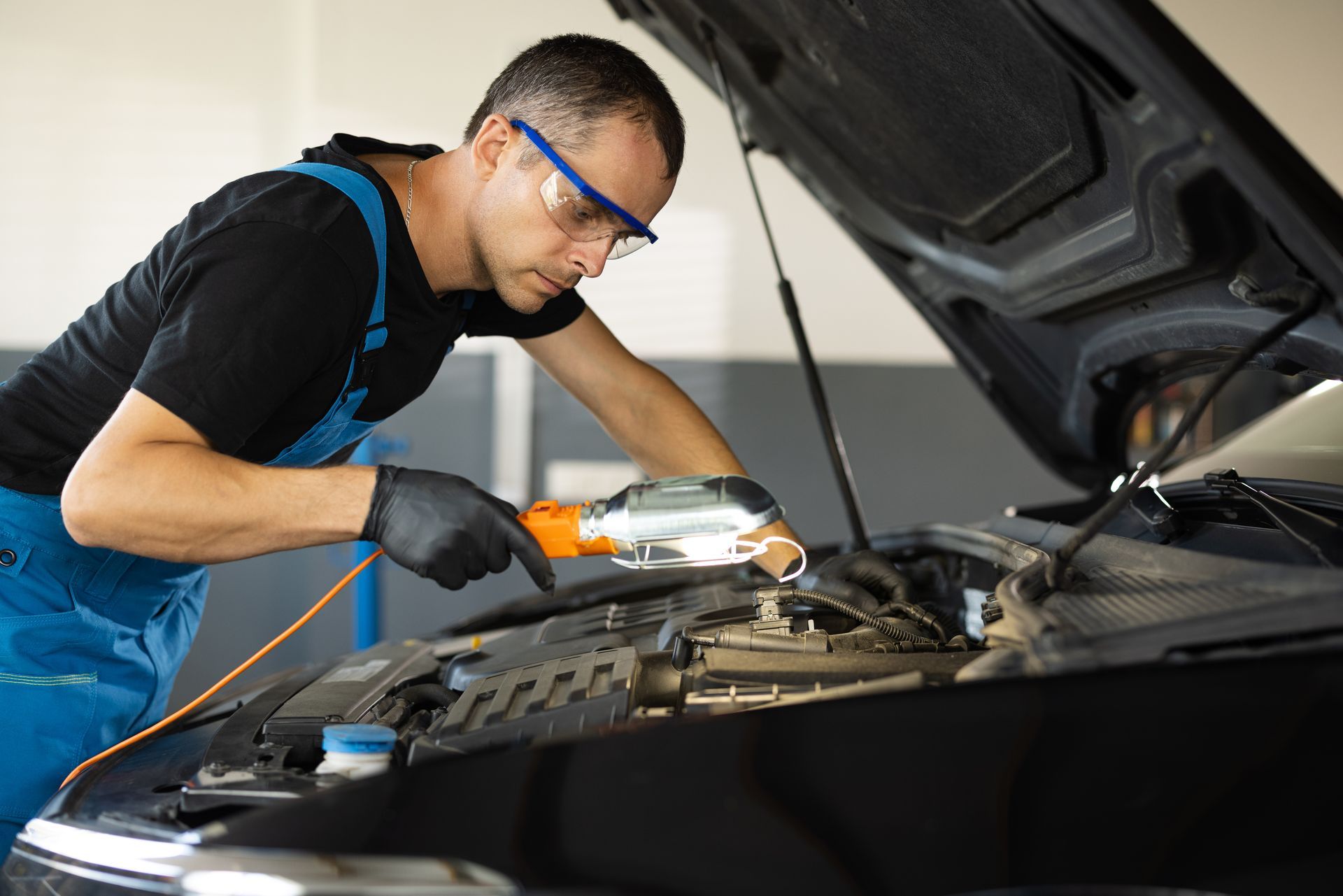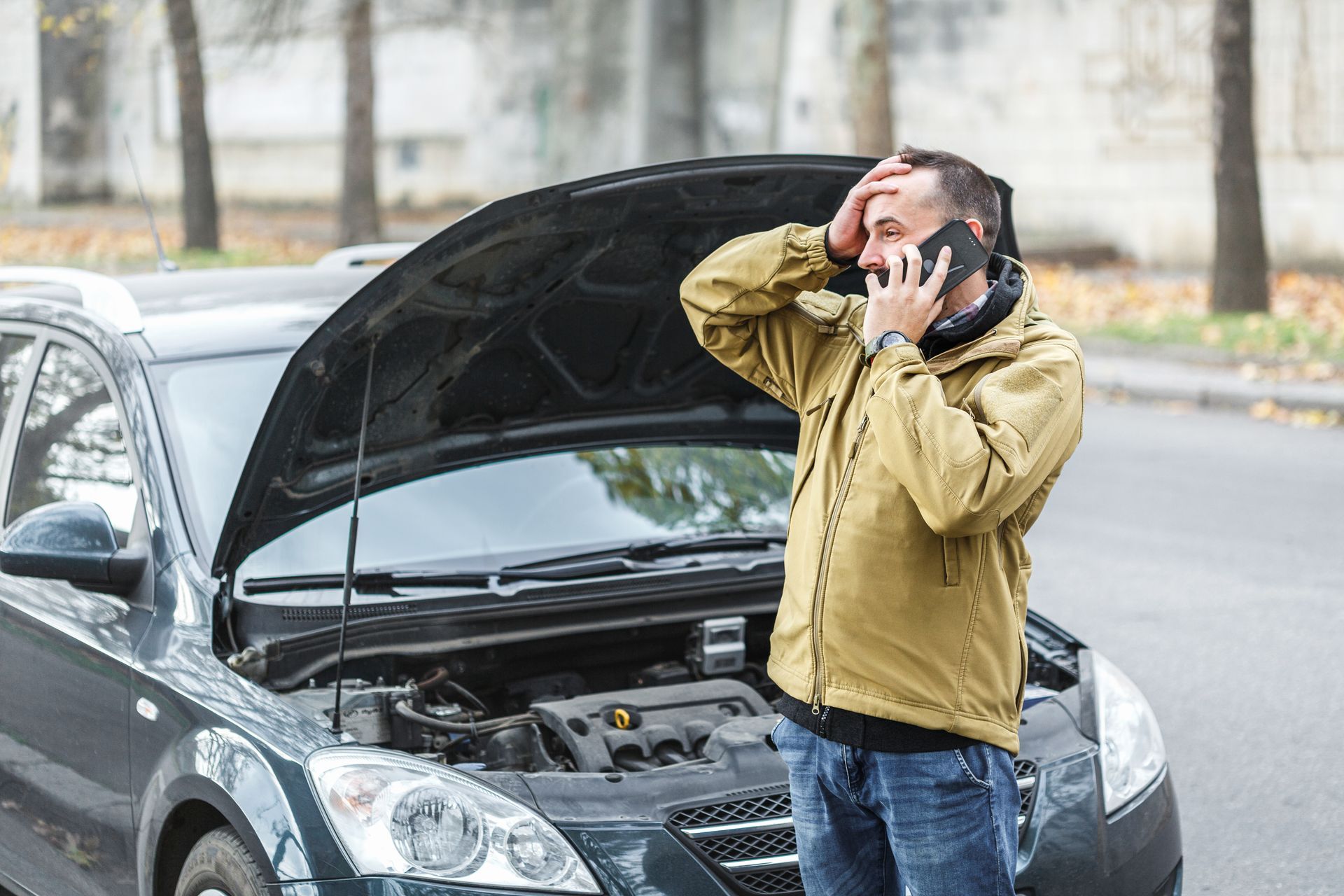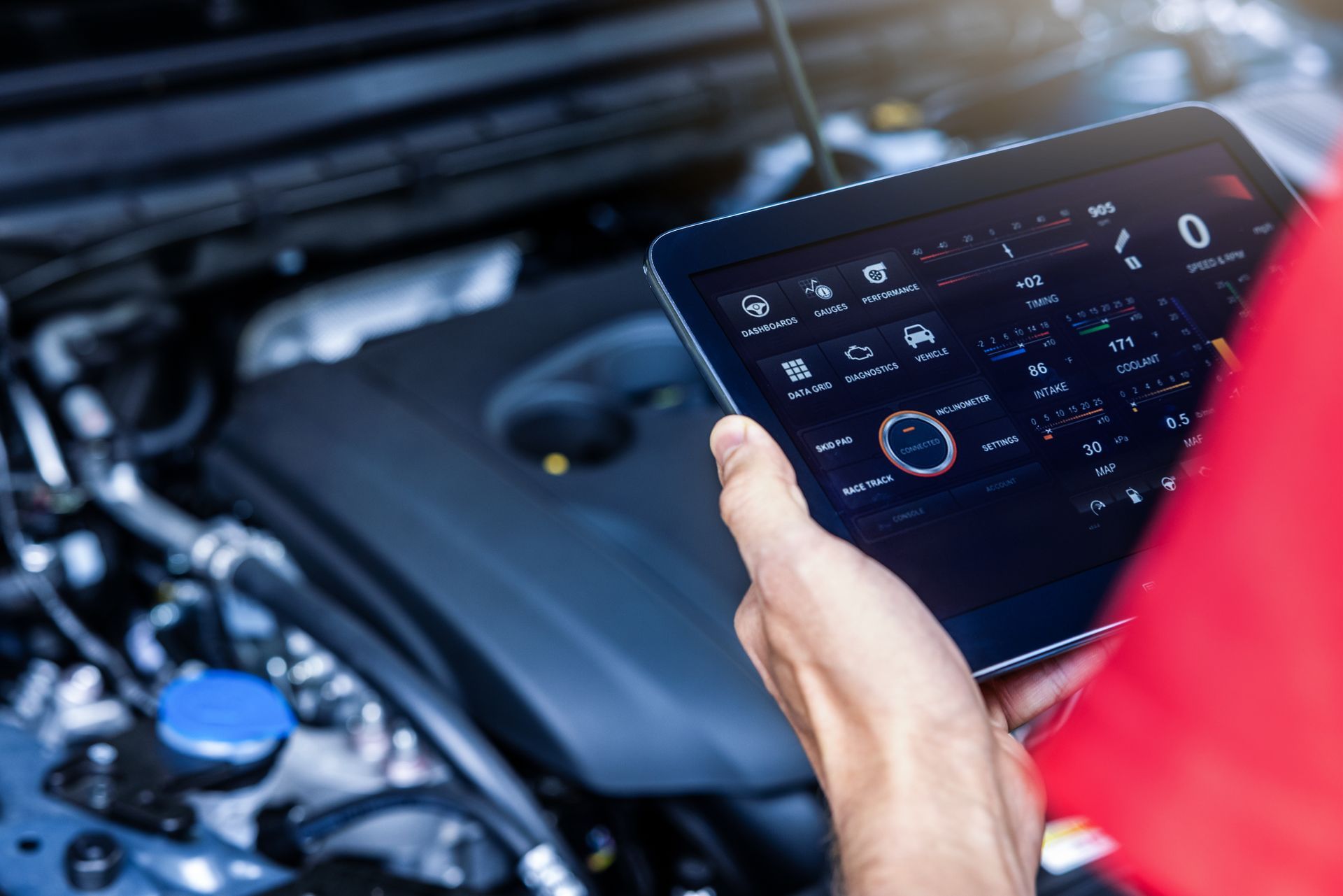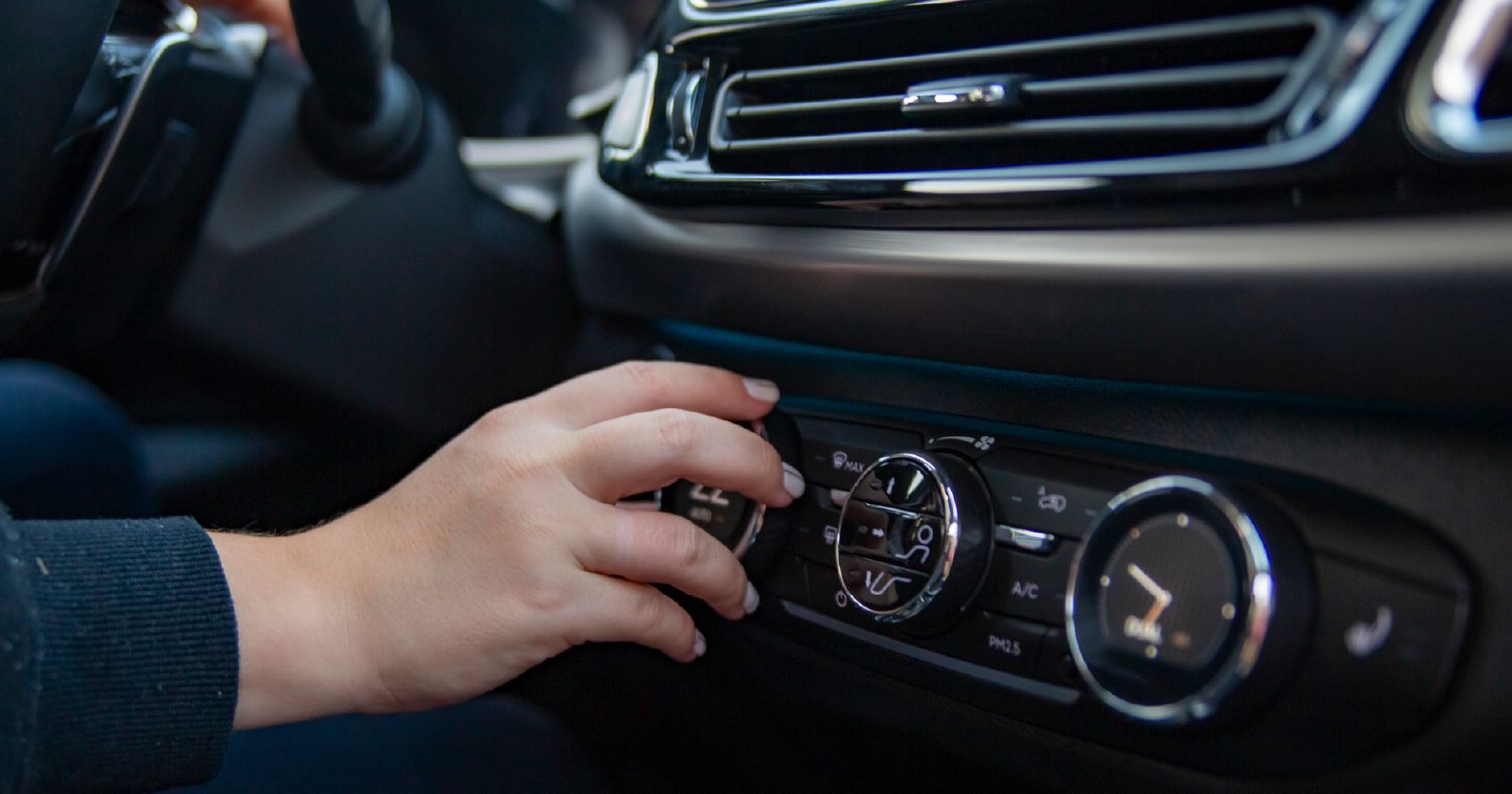Can I Use Regular Gas in My Premium Gas Car?
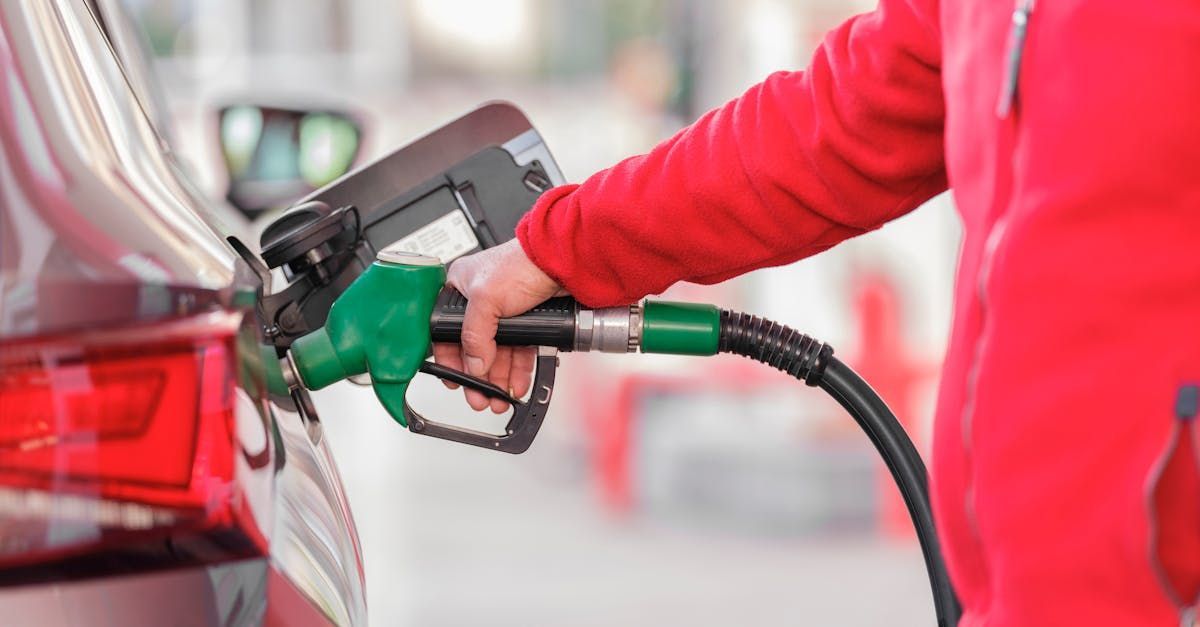
When you're at the gas station, the question often arises: should you fill up with premium or regular gas? This choice is particularly important for those driving premium vehicles. Can you safely use regular gas in a car that typically requires premium fuel?
This article will help clarify this common concern. We will examine the differences between premium and regular gasoline, and how they interact with your car's engine, especially in high-compression engines often found in premium cars.
Understanding the potential risks and benefits of using regular gas in a premium car is essential. This information can help you make informed decisions, saving you money while maintaining your car's performance. Let's explore the details of premium versus regular gas.
Understanding Gasoline: Premium vs. Regular
Gasoline, the fuel most vehicles run on, comes in different grades, mainly identified by their octane ratings. Regular gas generally has an octane rating of 87, while premium gas typically ranges from 91 to 93. But what does this mean for your vehicle?
The octane rating measures a fuel's resistance to knocking or pinging during combustion. Higher octane fuels resist knocking better, which is crucial for certain engines.
Here’s a brief comparison of premium and regular gas:
- Premium Gas: Higher octane rating (91-93), recommended or required for high-performance or luxury vehicles, more expensive.
- Regular Gas: Lower octane rating (87), suitable for most standard vehicles, less expensive.
Choosing between premium and regular gas affects your car’s performance and longevity. It's not just about the price at the pump. Understanding these differences is the first step to making a smart decision for your vehicle.
The Science of Octane Ratings and Engine Performance
Octane ratings indicate a fuel’s ability to resist 'knock'. 'Knock' or 'pinging' is a rattling noise that occurs when the fuel-air mixture in the cylinders detonates in more than one place simultaneously. This can damage the engine’s cylinder walls and pistons. High-octane fuel, like premium gas, can withstand higher compression before detonating, preventing this harmful knocking.
In high-compression engines, typically found in high-performance or luxury vehicles, the air-fuel mixture is compressed more before ignition. This results in more power and efficiency but requires fuel that can handle the increased pressure. Using lower octane fuel in a high-compression engine can cause knocking, reducing engine performance and potentially causing damage over time. That’s why these engines often require or recommend premium gas.
High-Compression Engines and Premium Fuel
High-compression engines, common in premium cars, compress the air-fuel mixture more before ignition, resulting in more power and efficiency. However, this increased compression requires fuel that can withstand the pressure. That’s where premium gas comes in. Its higher octane rating means it can resist knocking even under high compression.
Using lower octane fuel in a high-compression engine risks engine knocking, which can reduce performance and potentially cause damage over time. That’s why high-compression engines often require or recommend premium gas.
Risks of Using Regular Gas in Premium Cars
Using regular gas in a car designed for premium fuel can lead to several problems. The most immediate risk is engine knocking, a rattling noise caused by premature ignition of the air-fuel mixture in one or more cylinders. Over time, engine knocking can cause significant wear and tear on engine components, potentially leading to engine damage and reducing the lifespan of your car.
Moreover, using regular gas in a premium car can affect performance. You might notice slower acceleration or less smooth operation because the engine isn’t running as efficiently as it could with the right fuel. Furthermore, using the wrong fuel can void your car’s warranty. Many manufacturers specify the type of fuel in the owner’s manual, and ignoring these recommendations could lead to expensive repairs.
The Role of Fuel Injectors in Engine Performance
Fuel injectors are crucial to an engine’s performance. They deliver precise amounts of fuel into the combustion chamber for efficient ignition. In high-compression engines, often found in premium cars, the function of fuel injectors becomes even more critical. Ensuring the correct fuel injector is paired with the appropriate fuel type can optimize engine performance and prevent issues like engine knocking. Understanding the importance of fuel injectors helps car owners make informed decisions about fuel choices for their vehicles.
Can Your Car Adjust to Regular Fuel?
Modern cars come with engine control units (ECUs) that can adjust to different fuel types. These ECUs can change the timing of the spark plug to prevent engine knocking, meaning that using regular gas in a premium car might not cause immediate damage. However, this doesn’t mean it’s advisable to always use regular gas in a premium car. The ECU’s adjustments have limits, and over time, using lower octane fuel can still reduce performance and cause potential engine damage. While your car might adjust to regular fuel in the short term, it’s not a long-term solution. It’s best to use the fuel recommended by your car’s manufacturer.
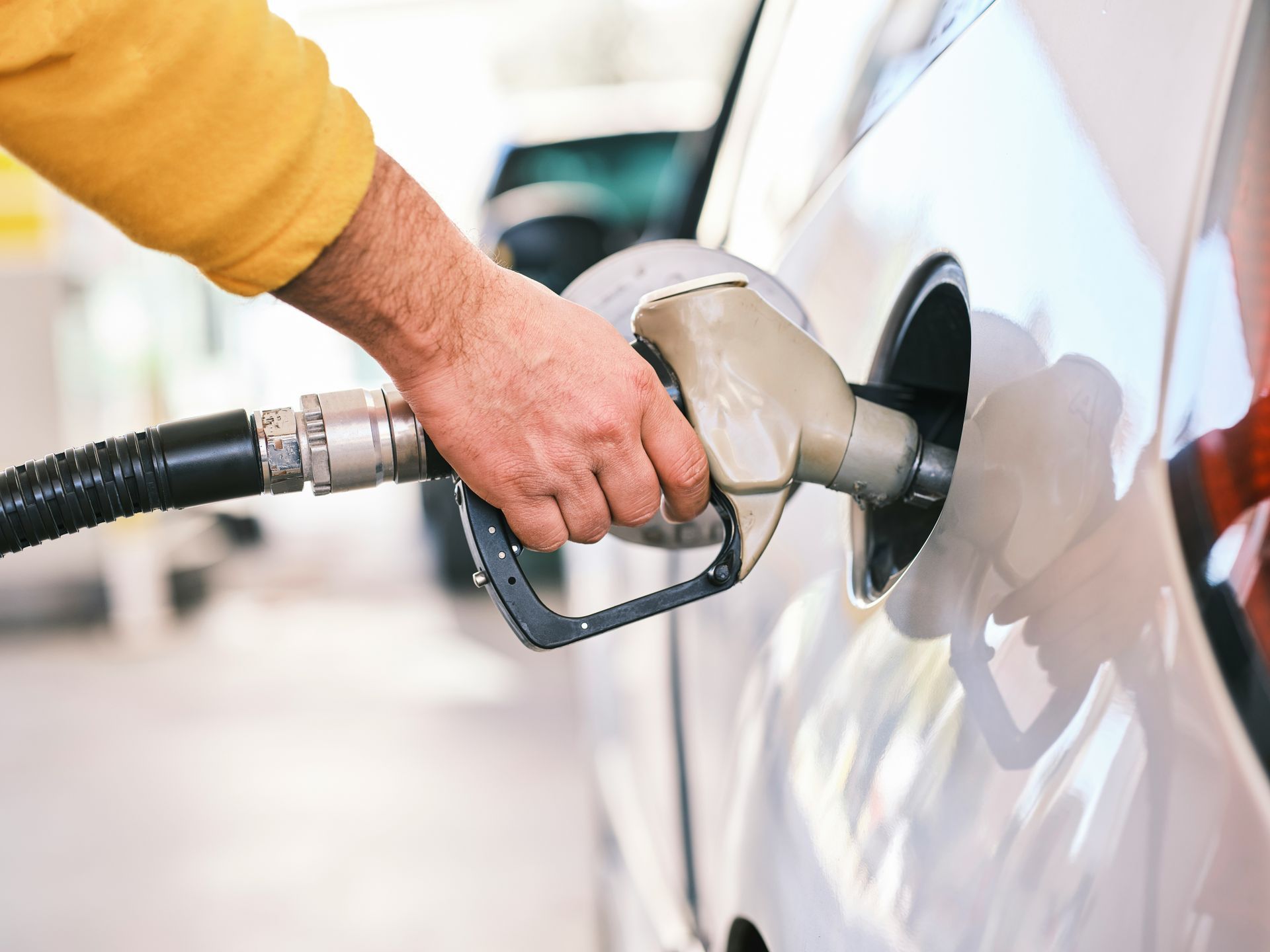
The Role of the Owner's Manual and Manufacturer Recommendations
Your car’s owner’s manual is an essential resource, providing specific recommendations on the type of fuel to use. These recommendations are based on extensive testing by the manufacturer. Ignoring these guidelines can lead to reduced engine performance and potential damage and may also void your car’s warranty. This is especially true for premium cars requiring high-octane fuel. Always consult your owner’s manual before deciding on the type of fuel to use to ensure optimal performance and longevity for your car’s engine.
Cost-Benefit Analysis: Premium Gas and Long-Term Engine Health
Premium gas is more expensive than regular fuel, but the long-term benefits may outweigh the initial cost. High-octane fuel can enhance engine performance and longevity. Using regular gas in a premium car may lead to engine knocking, causing significant engine damage over time. The cost of repairing such damage can be much higher than the savings from using regular gas. In conclusion, consider your engine’s long-term health when choosing between premium and regular gas. The extra cost of premium gas could be a worthwhile investment for your vehicle’s longevity.
Finding the Right Fuel: Premium and Regular Gas Stations Nearby
Finding a gas station offering both premium and regular fuel is usually not difficult. Most gas stations provide a variety of fuel types to cater to different engine requirements. Remember, the right fuel for your car is not just about availability or cost; it’s about maintaining your engine’s performance and longevity.
Conclusion: Making an Informed Decision on Fuel Choice
Choosing between premium and regular gas for your car should be based on your vehicle’s specific needs. Always refer to your owner’s manual for the manufacturer’s recommendations. Consider the long-term health of your engine and the potential cost implications. Using the wrong fuel type could lead to engine damage over time, which can be far more costly than the savings at the pump. Ultimately, the choice between premium and regular gas should be an informed decision. Understanding the science behind fuel types and their impact on engine performance can help you make the best choice for your vehicle.

Tire and Auto Repair Services
Connecticut Tire and Auto Repair
All Rights Reserved | cttire.com

